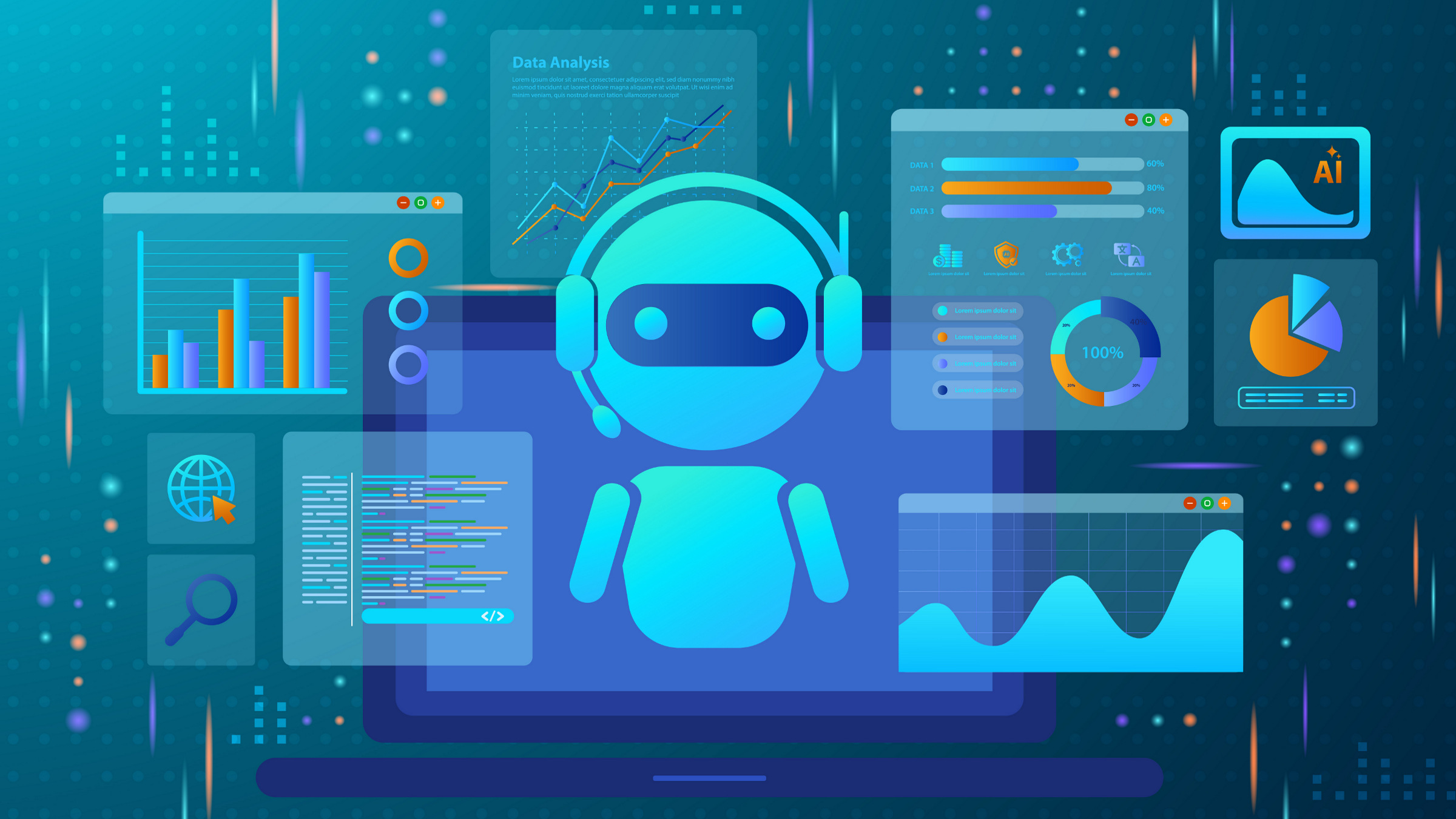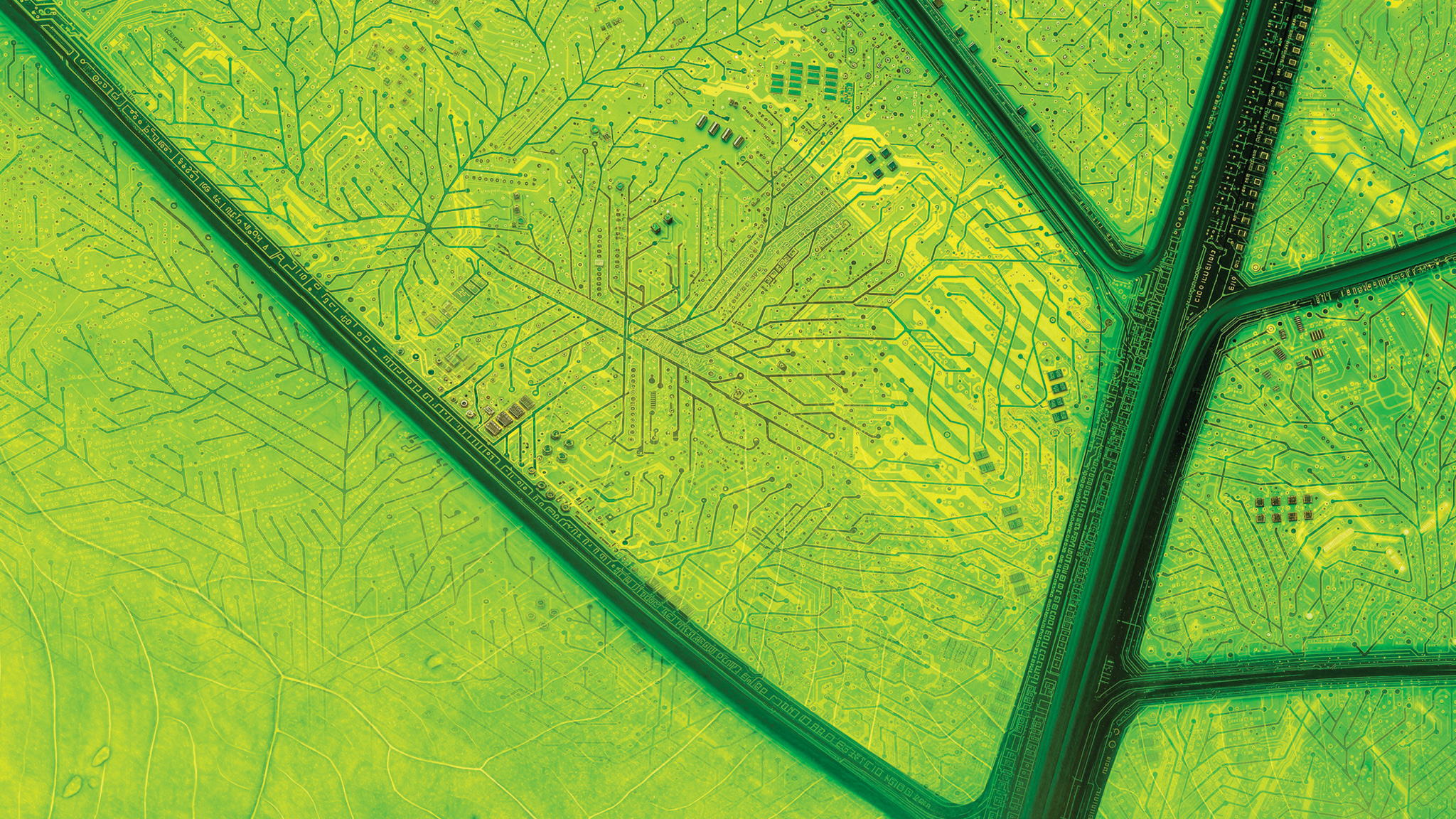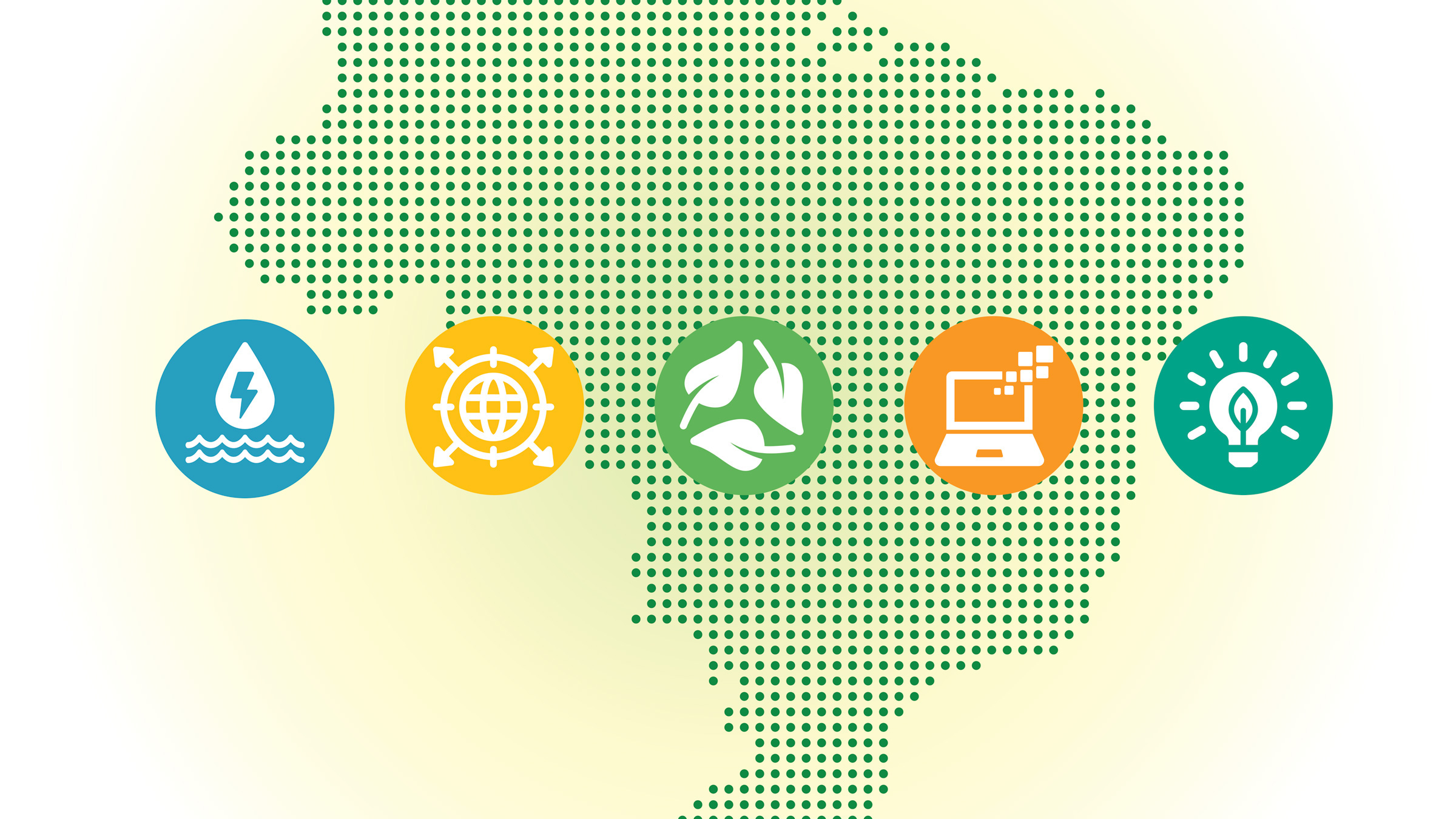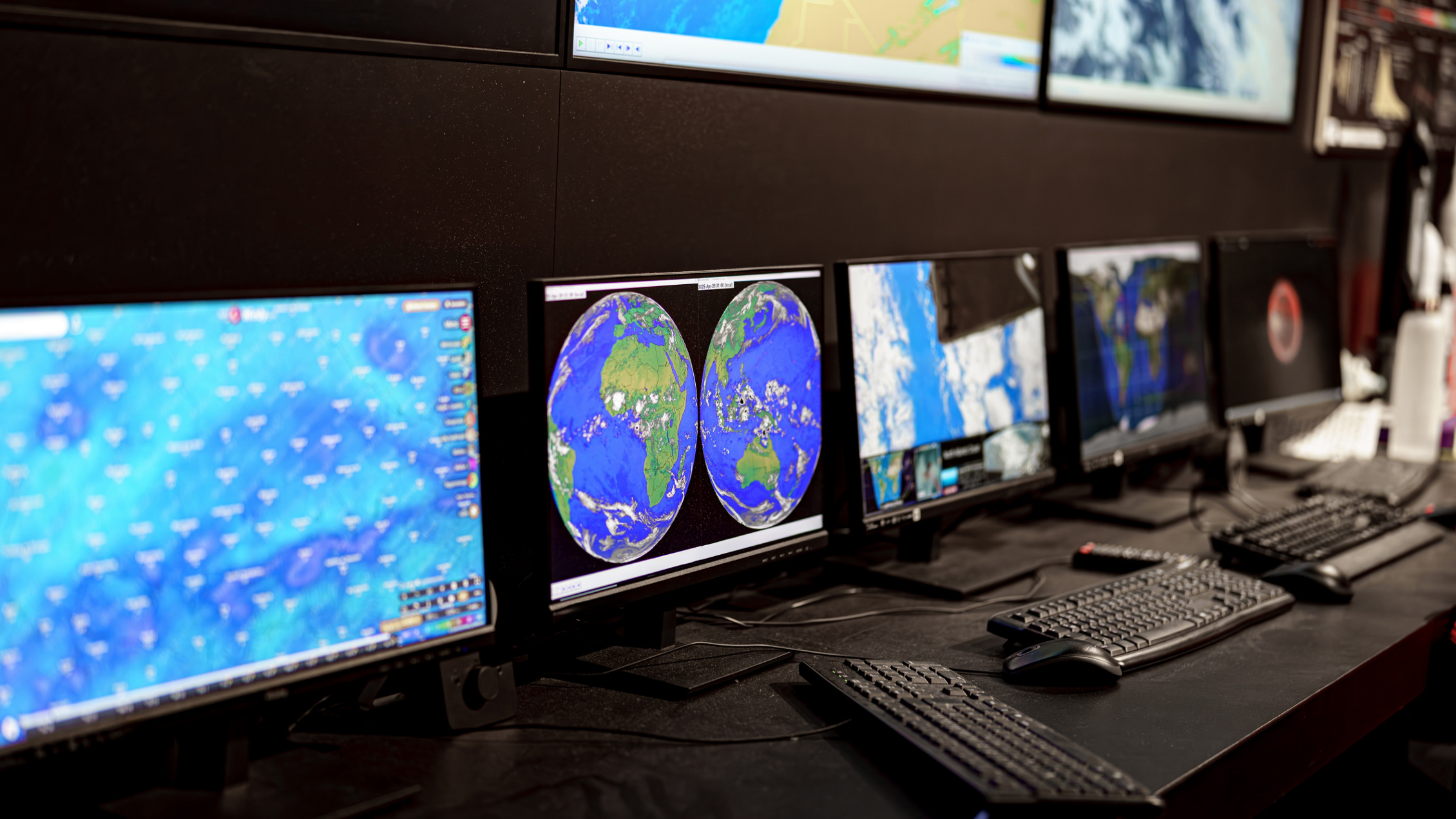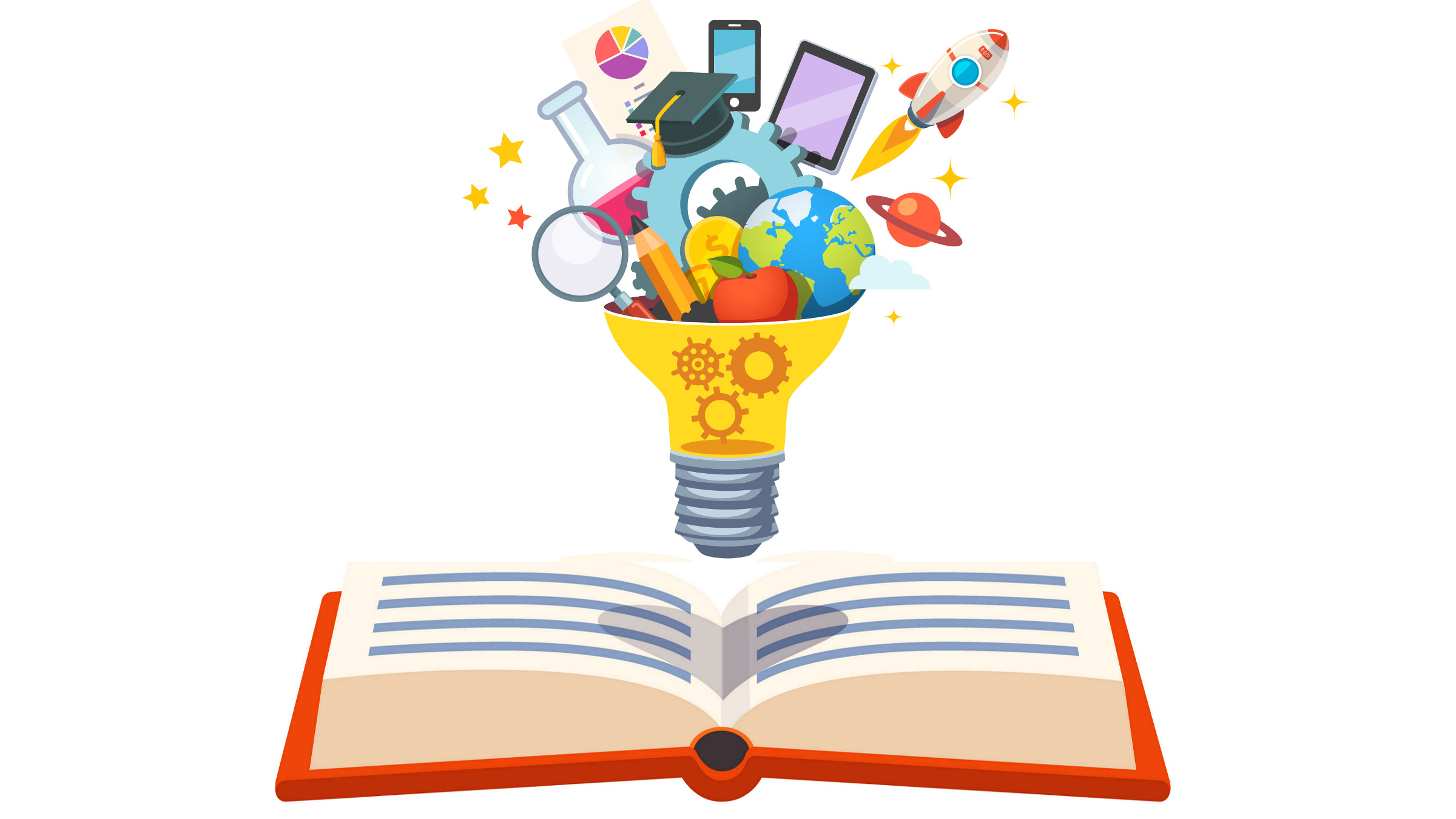Internal Chat Logs of Ransomware Group Leaked
Society
GenAI, Education, and Crisis Situations
The proper integration of AI technologies during routine times can ensure the continuity of learning in emergency situations.
Understanding public thinking can inform companies' decisions on developing and training AI tools.
To Post or Not to Post: AI Ethics in the Age of Big Tech
AI ethicists should recognize their potential complicity in the systems they study.
Can AI Replace Copilots on Passenger Jets?
Critics say human interactions between captain and copilot on flight decks keep airliners flying safely, and that AI-based ‘copilots’ are a risk too far.
Can EU’s €200B ‘InvestAI’ Initiative Close Europe’s AI Gap with U.S. and China?
U.S.-based institutions produced 40 notable AI models in 2024, surpassing 15 from China, and a total of three from Europe.
Welcome: Sustainability and Computing Special Section
Computing has a responsibility to become more environmentally sustainable.
Continuous Earth Observation of Forest Dynamics and Biodiversity
Efficient approaches to process Earth observation data require scalable computing power and the ability to deal with petabytes of data from distributed and heterogeneous sources.
The Emerging Face of Digital Dentistry
Digital technologies could expand treatments and the availability of dental services to undeserved communities.
Efficiency Is Not Enough: A Critical Perspective of Environmentally Sustainable AI
Systems thinking provides a way to move beyond a focus on efficiency and cultivate a nuanced view of the environmental impact of ML and ways to reduce it.
A Brazilian Perspective on Computing for the Planet’s Sustainability
The Brazilian Computing Society's Digital Technologies for the Environment outlines a vision and principles for a sustainable, technology-driven future.
Empowering Sustainability in the Energy Sector through AI
A new wave of AI technologies are leading to smart, responsive energy systems that will define our green future.
Toward Environmentally Equitable AI
Environmental equity should be a priority for the management of future AI systems.
Advancements in Weather Prediction
The amount and quality of topographical, land use, land cover, coastline, and other data feeding forecasting models are leading to better predictions.
Conflict, Montage, and AI in Data Storytelling
Answering the community's questions about cinematic data storytelling.
I Teach Computer Science, and That Is Not All
I believe the purpose of universities was best expressed in an influential 1940 statement on academic freedom: “Institutions of higher education are conducted for the common good.”
Researchers Tap AI to Dig Into the Past
Experts are using AI to find archaeological sites, decipher ancient documents, and locate underwater World War II aircraft wrecks.
Environmental Computing as a Branch of Science
Environmental computing can deepen our understanding of environmental processes and address the challenges of a rapidly changing world.
Deleting X: Why SIGDOC Left the Platform
The platform does not embrace communication design, privacy, and trust, the group's members say.
How AI measures up to the human motivation to experiment, break boundaries, or create something new.
Who is Liable When AI Goes Wrong?
Increasingly capable generative AI tools have created a gap between the technology's power and what many users understand about the legal liabilities of its use.
Privacy, performance, and security benefits have everyone from academic computer scientists to technology giants racing to develop more efficient ways of pulling AI out of the cloud and closer to users.
Rethinking Social Media’s Future
Experts propose changes to help social technologies better address disinformation, harassment, and other harms.
Big Tech, You Need Academia. Speak Up!
The Computing Research Association says NSF budget cuts would put the future of U.S. innovation and security at risk.
Shape the Future of Computing
ACM encourages its members to take a direct hand in shaping the future of the association. There are more ways than ever to get involved.
Get InvolvedCommunications of the ACM (CACM) is now a fully Open Access publication.
By opening CACM to the world, we hope to increase engagement among the broader computer science community and encourage non-members to discover the rich resources ACM has to offer.
Learn More
